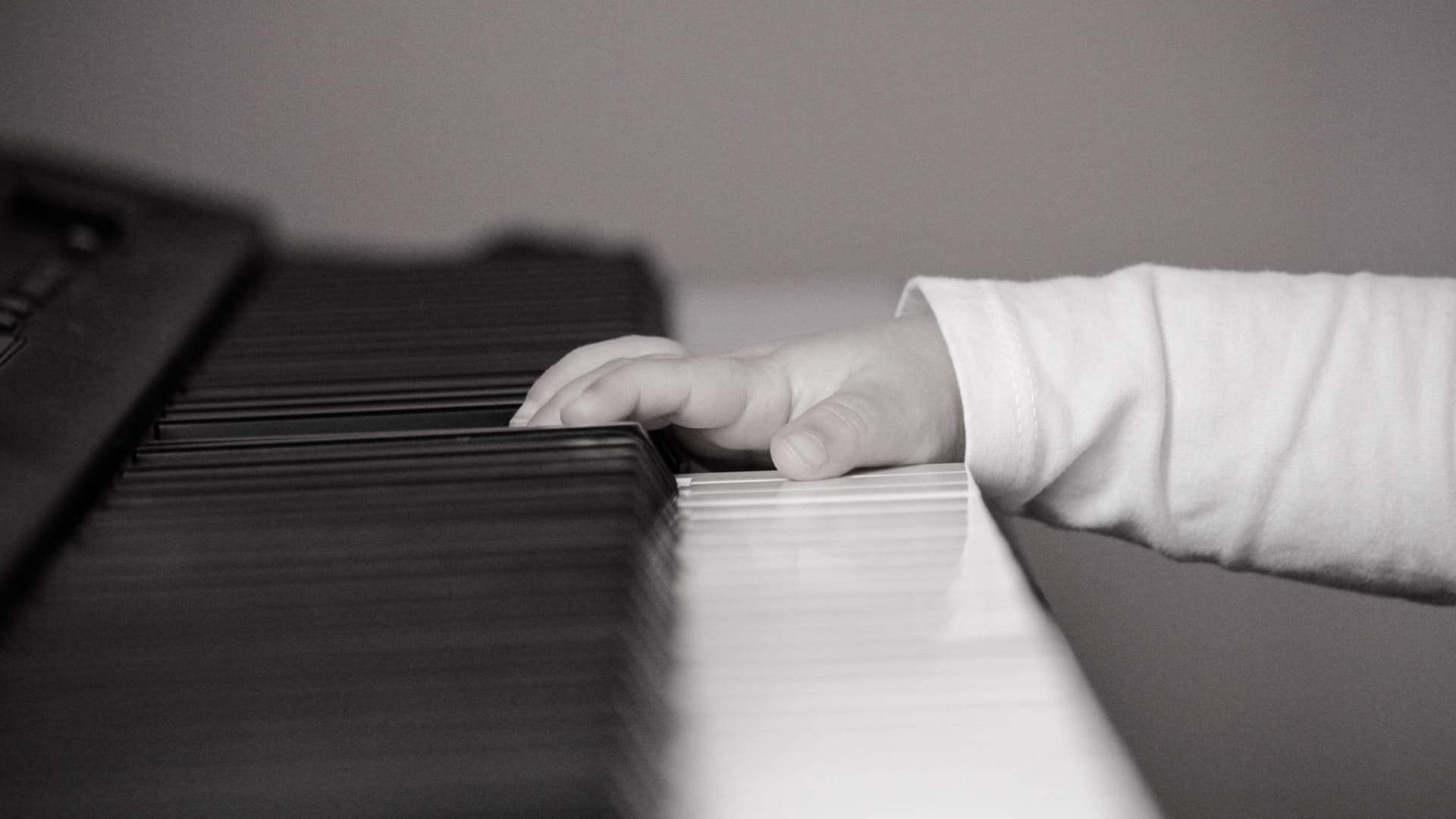Did you know that music has been shown to have a significant effect on children’s learning processes? According to a study carried out over 5 years by neuroscientists from USC, taking music classes and learning to play an instrument appears to speed up brain development in small children, particularly in the areas of the brain in charge of processing sound, developing language, reading skills…
In just two years of study they concluded that the auditory system of the children who participated in the musical program matured faster than in the children who didn’t participate in the program. This allowed children to improve in developing language skills, enhancing their reading ability, as well as other abilities which are still being studied.
Significant differences between the children who had learned to play an instrument and those who hadn’t
In this way, scientists showed significant differences between the children who had learned to play an instrument and those who hadn’t. Specifically, the children who learned to play an instrument begin to have the ability to process sounds that other children who don’t play instruments cannot process. This allows them to develop a neuropsychological distinction between certain sounds that could help in learning to read which, therefore, could lead to better academic results.
Motivating our children to play an instrument
How can we motivate our children to play an instrument? Well, we should look for an instrument that our children would like to play and music that they like to listen to. Instead of those boring classes where you could only play classical music and you had to do it first with the piano, parents today can choose to have their children approach music in a different manner. We have a wide array of instruments and types of music at our disposal. As such, ensuring that our children are interested in playing an instrument can be much easier and much more motivating.


